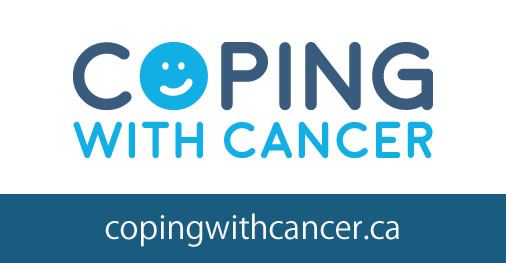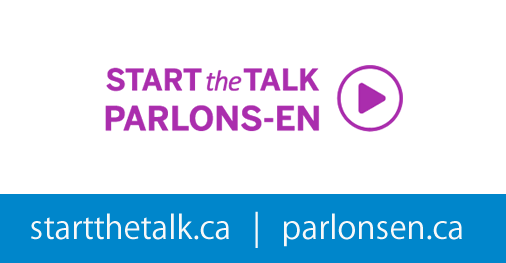Psychosocial care that optimizes health and healing for every Canadian affected by cancer
MEMBERSHIP | CONFERENCES
Coming to St. John's in 2026 |
To foster the development, testing, implementation and sustainability of best practices in psychological, social, physical and spiritual well-being among individuals affected by cancer through:
|
Clinical Practice GuidelinesThe evidence-based clinical practice guideline (CPG) movement within oncology, as in other health fields, represents a trend in identifying best practices and standardizing treatments. Within psychosocial oncology, evidence-based CPGs, along with Standards of Care, can help increase awareness of the important and often unmet psychosocial needs of cancer patients. These guides to practice can be used by practitioners and organizations to identify and address the challenges and barriers in delivering high quality, accessible psychosocial care. CAPO, in collaboration with the Canadian Partnership Against Cancer (CPAC) and other key partners, is leading initiatives to develop and disseminate national psychosocial oncology clinical practice guidelines. | WEBINARS |
CAPO Connection
English - Supporting children and teens when a family member has cancer. A guide for educators and healthcare professionals. Français - Soutenir les enfants et les adolescents lorsqu’un membre de la famille est atteint du cancer. Un guide pour les éducateurs, les professionnels de la santé ainsi que pour les patients et leurs proches. |
Framework to Hire Psychosocial Oncology Professionals, Staffing Ratio Formula & CalculatorBackground: In 2010 the Canadian Association of Psychosocial Oncology (CAPO) released its revised Standards of Psychosocial Health Services for People Affected by Cancer (2010). The national standards define psychosocial oncology (PSO) as a specialty concerned with the social, psychological, emotional, spiritual, quality-of-life and functional [practical] aspects of cancer, from prevention through bereavement. PSO is a whole-person care approach that recognizes distress as the 6th Vital Sign of cancer care. Distress should be proactively identified in people affected by cancer followed by an assessment and treatment plan for the management of complex psychosocial issues (Bultz & Johansen, 2011). Read more about the document and calculator on the CAPO Clinical Advisory Committee page . | CAPO Digest
|






